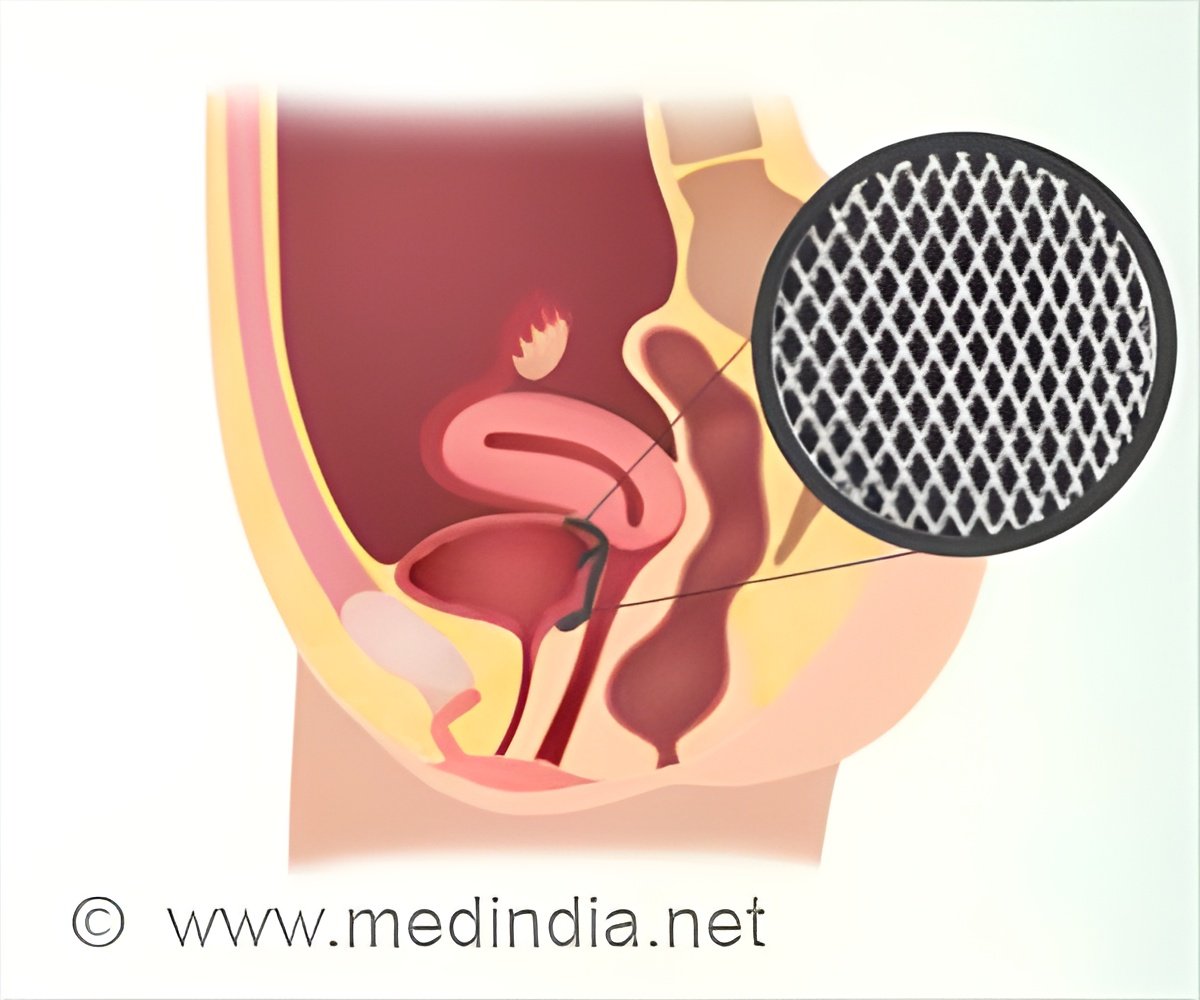
‘Information on the safety, efficacy, and acceptability of self-management and the need for surgical intervention for pelvic organ prolapse.’
Tweet it Now
Two-thirds of affected women initially choose to be fitted with a medical device known as a pessary, which sits inside the vagina and helps to support the pelvic organs.The procedure is typically carried out at a gynecological clinic or GP surgery and patients return approximately every six months to have the pessary replaced.
The study will enable academics to assess the long-term outcomes of women who followed a new self-care program and compare them with those who received standard treatment.
Involving more than 300 women, it will also consider how pessaries affect the sexual activity and psychological wellbeing and consider the risks and complications of pessary use for prolapse.
Dr. Carol Bugge, of the Faculty of Health Sciences and Sport at Stirling, the lead author said: “Pelvic organ prolapse is a common condition that adversely impacts the quality of life of women, however, research on pessary care is limited. This extension to our study will consider how self-management of the condition affects clinical outcomes and quality of life over the long term, compared to those who follow the standard treatment pathway”.
Advertisement
The findings of the original study will be available later this year and the new two-year extension will enable researchers to assess women four years after they started the trial, to consider the long-term impact of the self-management approach.
Advertisement
To have funding to approach participants again after four years is quite unusual but very valuable. From the data collected, we will be able to tell whether pessary self-management is an effective strategy in the long term.
Source-Medindia










